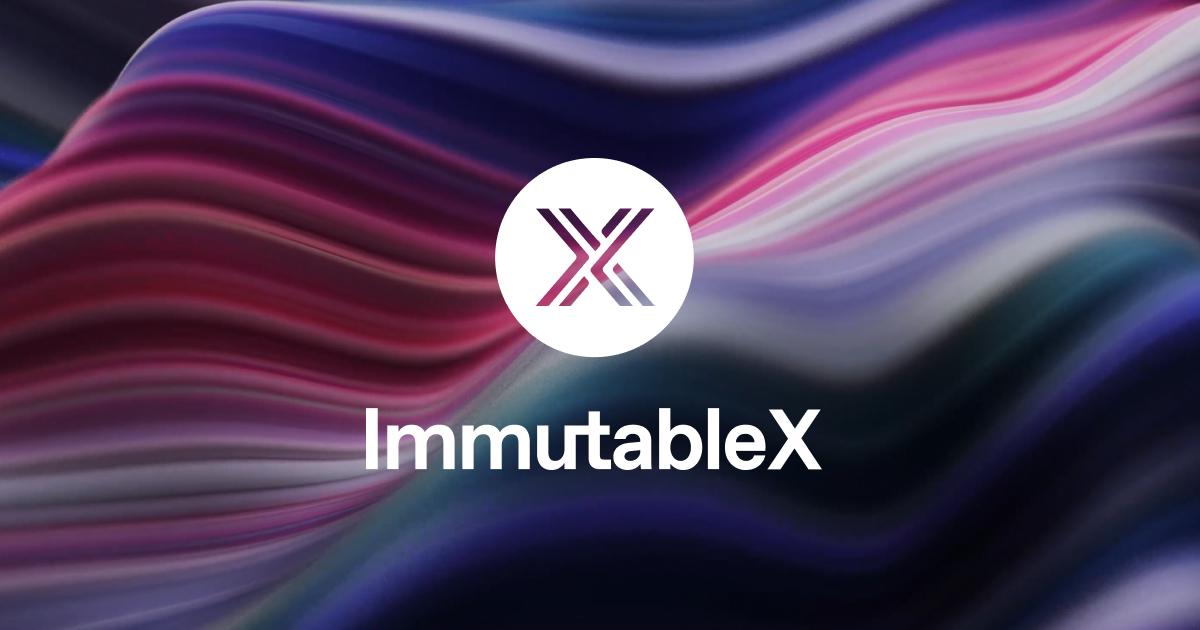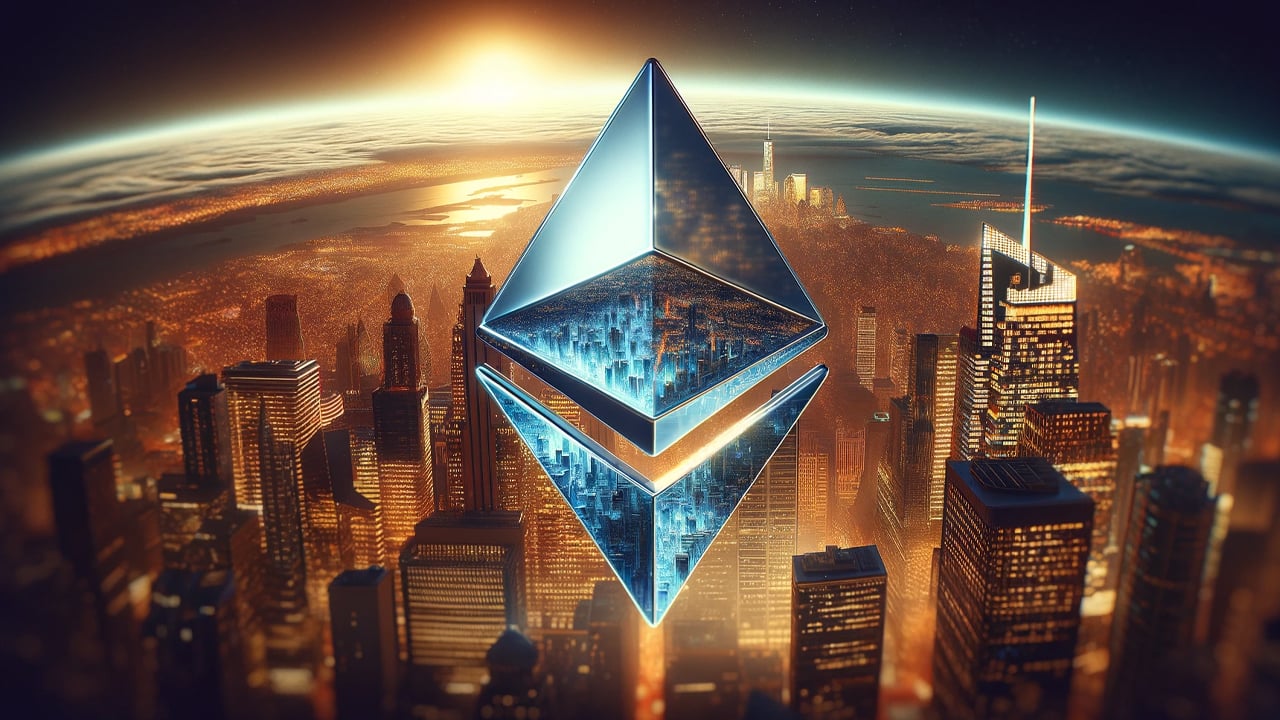









The blockchain gaming sector has seen impressive growth, driven by platforms offering unique benefits such as high transaction speeds, scalability, robust ecosystems, and low gas fees. Let's take a look at 5 leading blockchains that have emerged as frontrunners due to their low transaction costs: Solana, Polygon, Avalanche, Ethereum, and Immutable X.

Solana is a standout blockchain, mainly due to its high transaction throughput and low cost. It processes transactions at an impressive speed, handling tens of thousands per second. This is attributed to its Proof of History (PoH) consensus mechanism, which significantly reduces processing time.
With that, Solana's network allows for smooth and delay-free gameplay. The platform is rapidly expanding and hosts various top-tier gaming studios. It's quickly becoming a hub for gaming development, underpinned by its vast developer community and a range of AAA games.
%20(1)%20(1).webp)
Initially known as Matic Network, Polygon operates as Ethereum's layer-2 (L2) scaling solution. It's renowned for offering enhanced transaction speeds and lower costs than Ethereum's mainnet. Polygon's architecture, which by theory, supports up to 75,000 transactions per second (TPS), is a testament to its scalability and performance.
Polygon features a multi-layered design that separates validation and execution processes. Its EVM compatibility also allows developers to harness Ethereum's infrastructure while benefiting from Polygon's superior performance. This has made it a popular choice among game devs in the Web3 space.

Avalanche sets itself apart with its high-performance capabilities, capable of processing thousands of transactions per second. Its unique consensus mechanism contributes to rapid transaction finality and minimal fees.
While Avalanche's gaming ecosystem is still in the early stages, it's gaining momentum among developers for its efficient transaction handling and smart contract support. It represents a growing force in the gaming sector, offering a viable platform for game devs looking for speed and cost-effectiveness.

Immutable X (IMX) is noteworthy for offering a solution that eliminates gas fees with fast transaction confirmations. As an L2 solution built on Ethereum, it provides the security and decentralization of Ethereum without its drawbacks.
IMX is appealing for Ethereum-based games and NFT platforms, as it addresses issues like high gas fees and slow transactions. The platform has partnered with prominent games and platforms like Polygon to introduce technologies like zkEVM, allowing developers to access Ethereum's ecosystem more efficiently. This has positioned IMX as a go-to platform for game devs prioritizing cost efficiency and high throughput.

Despite struggling with transaction speed and high gas fees, Ethereum holds a major position in crypto gaming. It's the largest and most established platform for dApps, including games. Popular blockchain games like Axie Infinity and The Sandbox debuted on Ethereum. However, these limitations are set to be addressed with the Ethereum 2.0 upgrade, which aims to enhance scalability and reduce costs.
In short, selecting the most suitable blockchain for game development depends on factors such as transaction speed, scalability, ecosystem development, and, notably, gas fees. Solana, Polygon, Avalanche, Ethereum, and Immutable X each offer distinct advantages that cater to various requirements. Their respective features – from Solana's high TPS to Immutable X's zero gas fees – illustrate the diversity and potential of blockchain tech in reshaping the gaming sector. Developers must weigh these attributes against their project's specific needs to choose the most appropriate blockchain platform.



